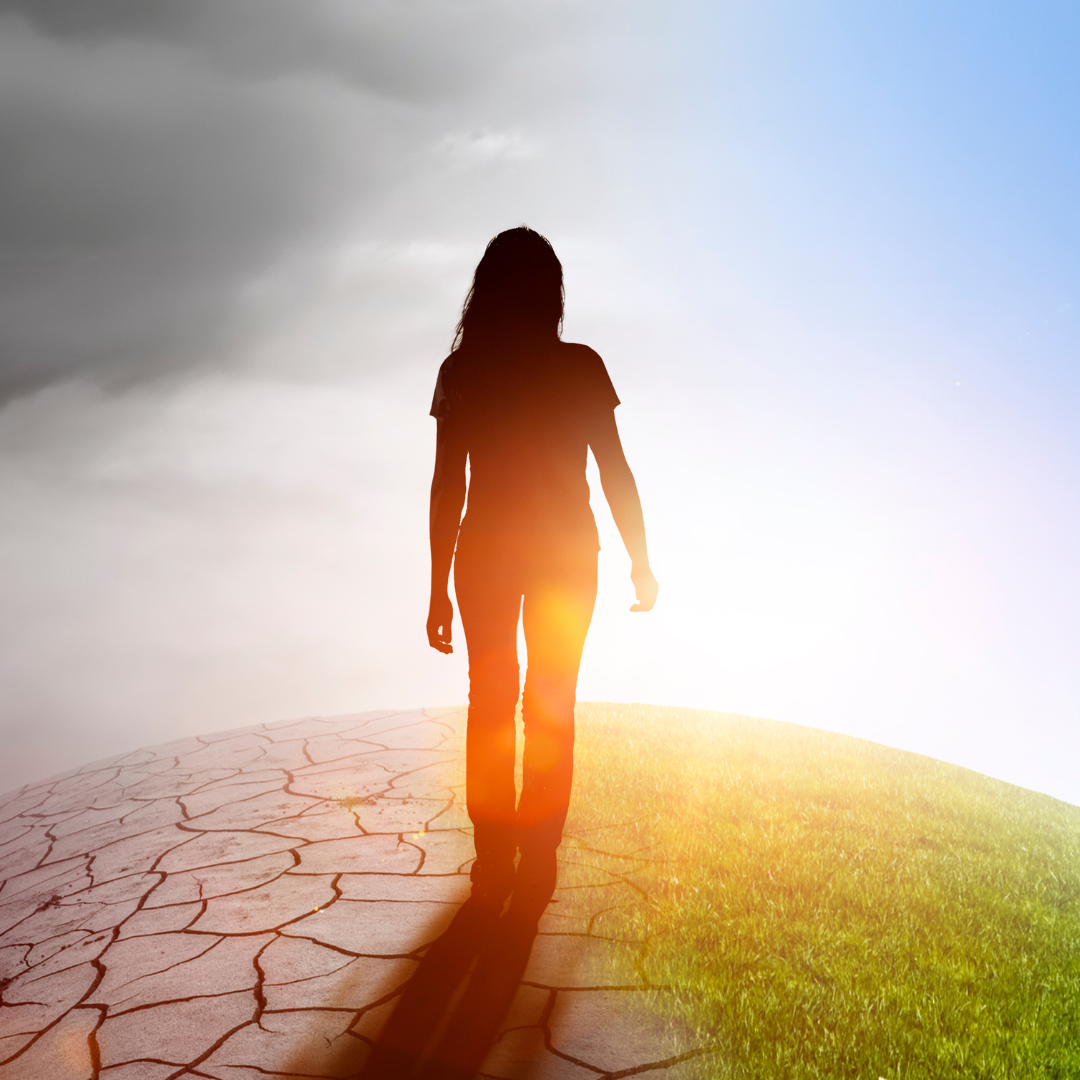Brindamos apoyo a sobrevivientes de violencia doméstica.
La Casa de las Madres actúa valientemente para crear una comunidad donde no se tolera la violencia contra las mujeres y los niños. Visualizamos una sociedad en la que todos los individuos y las familias tengan el mismo acceso a los recursos básicos y a las oportunidades de creación de activos (asset-building opportunities??). Visualizamos un futuro donde la seguridad y respeto en las relaciones íntimas sean una norma social.
Para lograr este futuro, La Casa ofrece un servicio continuo integral y de empoderamiento para mujeres, adolescentes y niños expuestos y en riesgo de abuso. Brindamos acceso, herramientas y asesoramiento, clínico y basado en pares (peer?), que fortalecen su capacidad de afectar el cambio y romper el ciclo de violencia.
Self-care, often misconstrued as a luxury, takes on a profound significance for survivors of domestic violence. It becomes a transformative act of survival, resistance, and healing. In the face of chronic stress, trauma, and isolation, survivors often find little space for their own needs. However, self-care in this context becomes revolutionary, a means to reclaim control over one’s body, boundaries, time, and voice, instilling a sense of empowerment and hope.
Immigrant survivors, like anyone, may experience a variety of forms of intimate partner violence: such as physical, emotional, sexual, financial, spiritual, threats, and coercion. However, they also face unique and compounding risks. Language barriers, lack of culturally responsive services, and unfamiliarity with U.S. legal systems make it harder to seek help. Survivors may worry they won’t be believed because they don’t speak English fluently. They may fear that leaving an abusive partner will mean losing their children, their housing, or their chance at staying in the country. Many do not know their rights, and even in moments of extreme danger, feel they must choose between silence and exposure
Mental health challenges go far beyond routine stress, and this is particularly true for survivors of domestic violence (DV). Did you know that 20% of DV survivors develop mental health conditions as a result of their trauma? In this context, Mental Health Awareness Month offers an opportunity to understand how DV impacts mental health.
When we talk about helping domestic violence survivors, it’s easy to think first about shelters, police reports, or court systems. And while those are important, they’re only part of the bigger picture. At La Casa de las Madres, we operate under the Empowerment Model, which shifts the focus: it’s all about giving survivors the power to reclaim their lives—in their own way and on their own terms.
In 1976, a coalition of San Francisco women—many of whom had experienced domestic violence first hand—recognized the dire lack of resources available to survivors. At the time, emergency shelters for women fleeing abuse were virtually nonexistent, and the legal, medical, and political systems largely ignored the issue. Women who left abusive partners faced the terrifying reality of homelessness, financial insecurity, and, often, further violence.
As we recognize February Teen Dating Violence Awareness Month, we want to take a moment to uplift and honor the incredible strength of youth survivors. Your resilience inspires us every day.
If you don’t personally know someone who has been trafficked, the concept may seem distant, unrelatable, and ‘in the shadows’ – that is, “something that happens in other parts of the world, but surely NOT in our own backyard.” The truth is, Human Trafficking occurs right under our noses.
The holidays are generally revered as a joyous time. While often filled with celebration and togetherness, the holidays can also amplify feelings of loneliness for those who lack a supportive network.
As we gear up for back-to-school season, we want to affirm La Casa’s commitment to addressing teen dating violence (TDV).
This June, La Casa De Las Madres spotlights Immigrant Heritage Month. Immigrants are at an essential and dynamic intersection as it relates to domestic violence. There are a myriad of socio-cultural, linguistic, economic, and political barriers that influence help-seeking and compromise survivor safety and well-being.
Twitter: @LacasaSF
Instagram: @lacasadelasmadres


-
Hello Spring! Welcome in the new season with these Spring Self-care tips- because you deserve it!… https://t.co/nqWQFj7UK2
-
April is Sexual Assault Awareness Month. Check back throughout the month as we spark the conversation and raise aw… https://t.co/WDnc4V5rSt






















